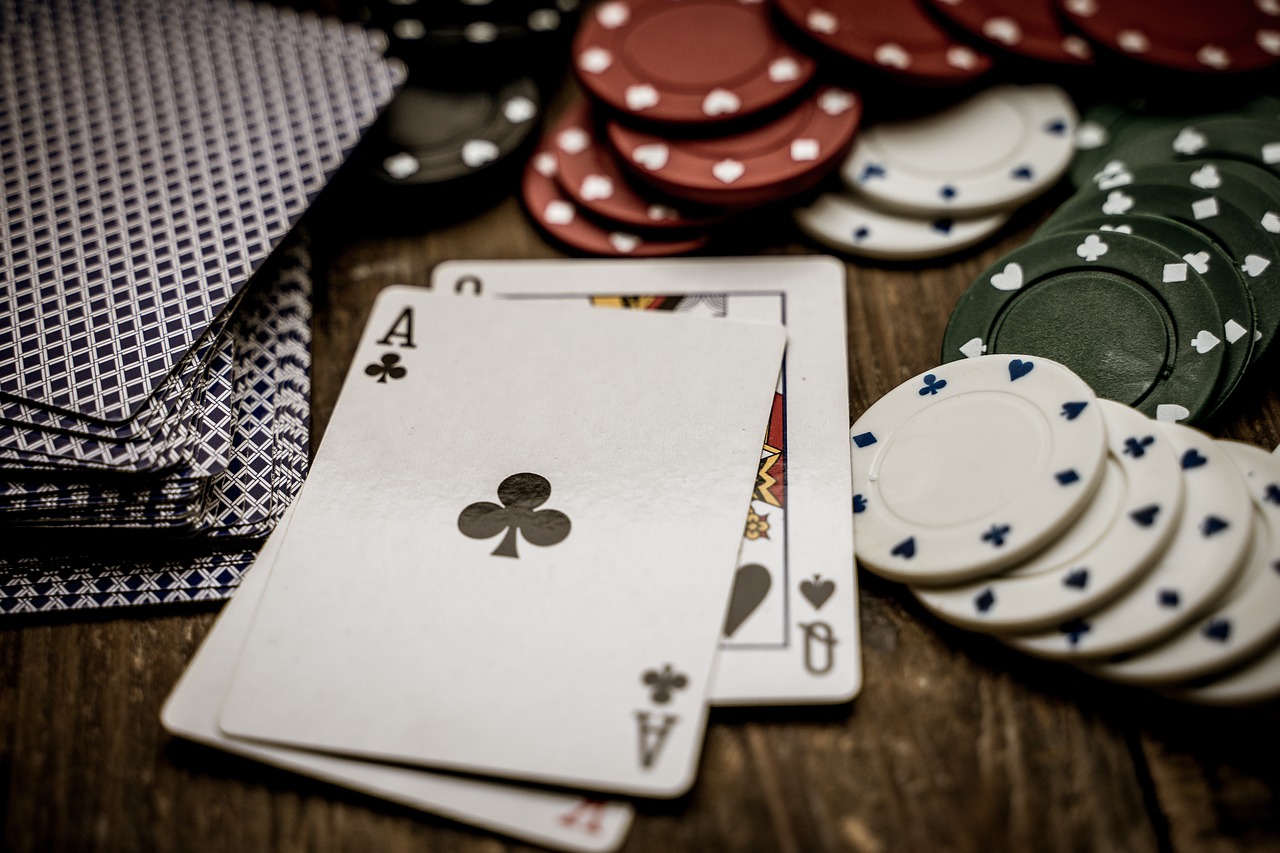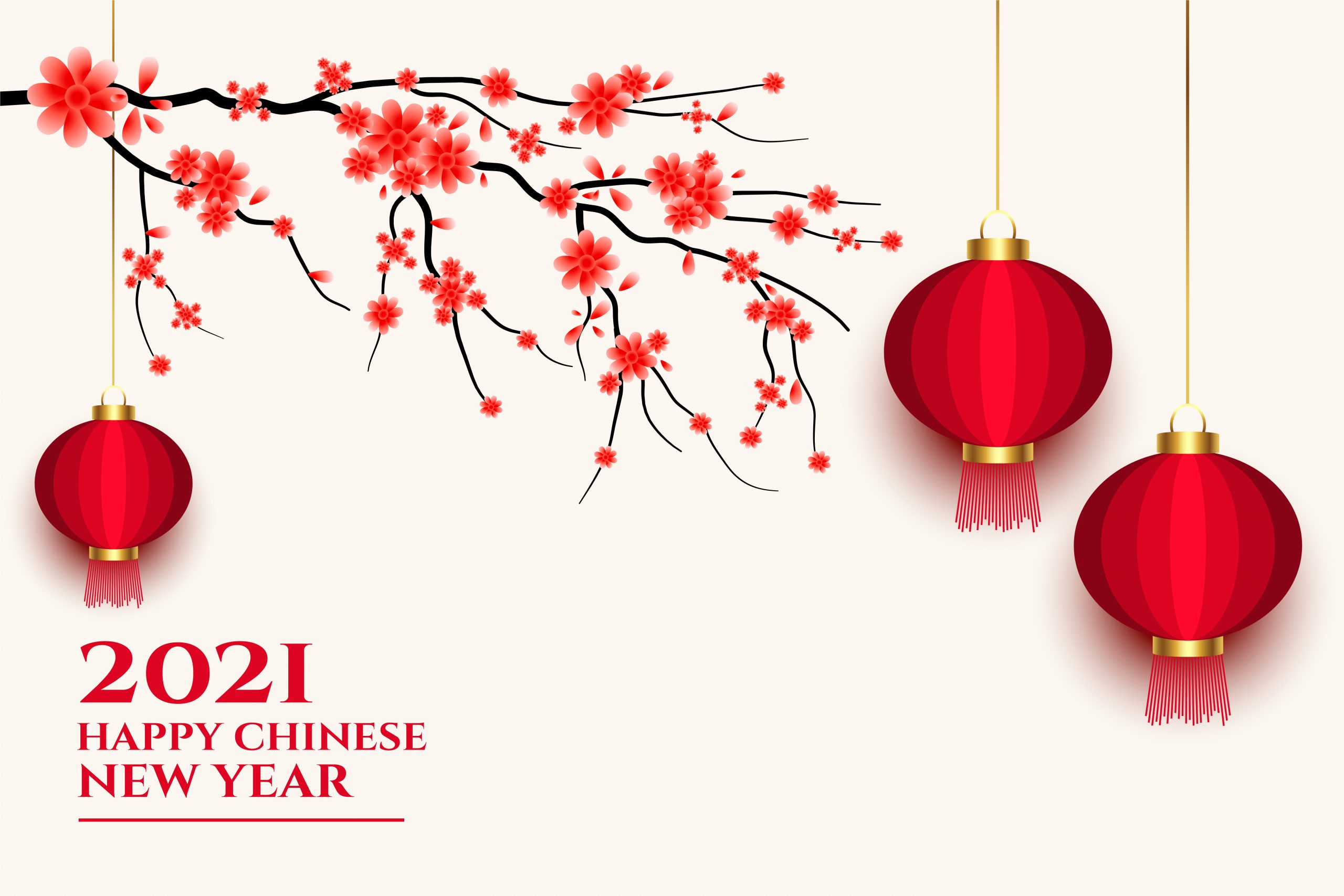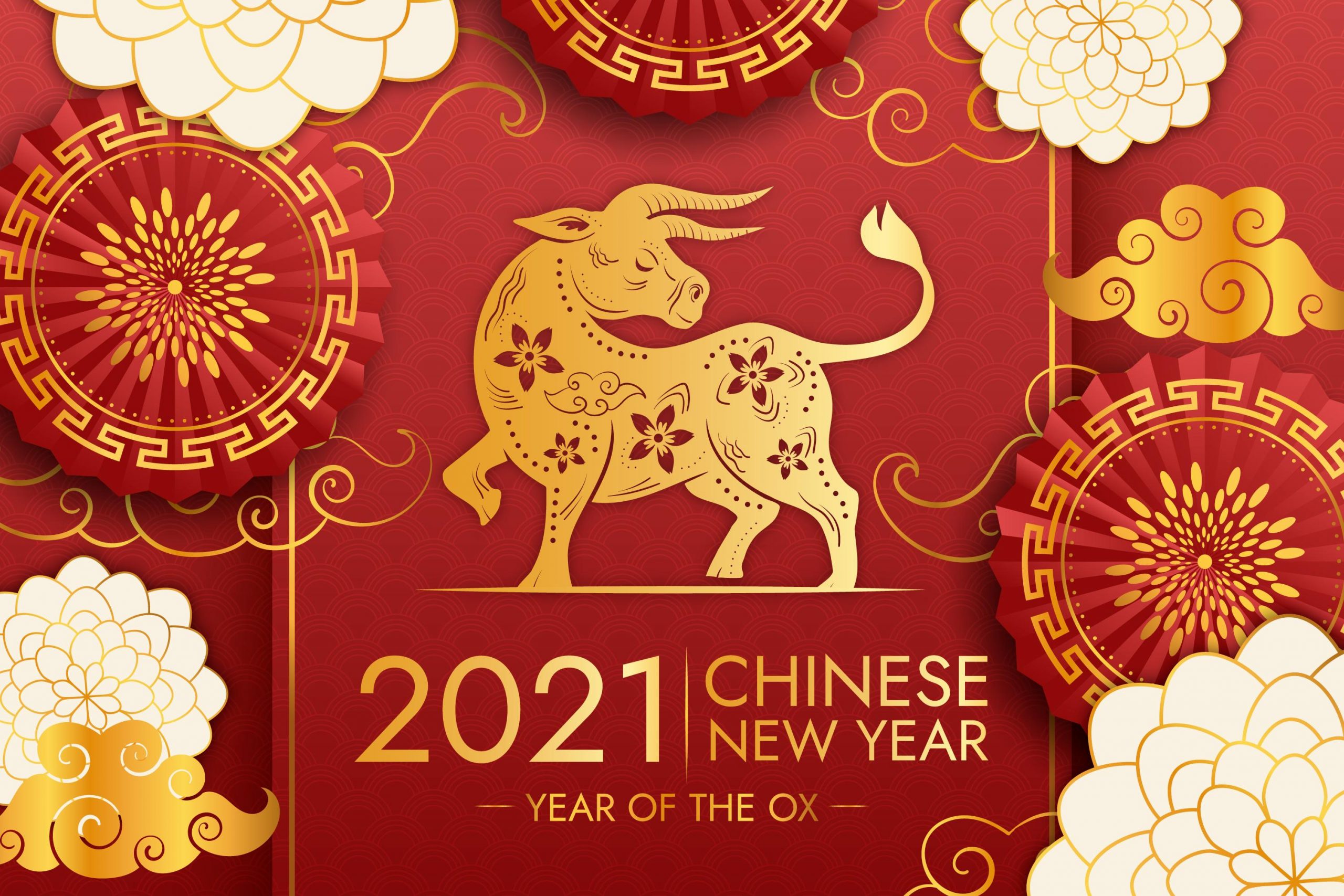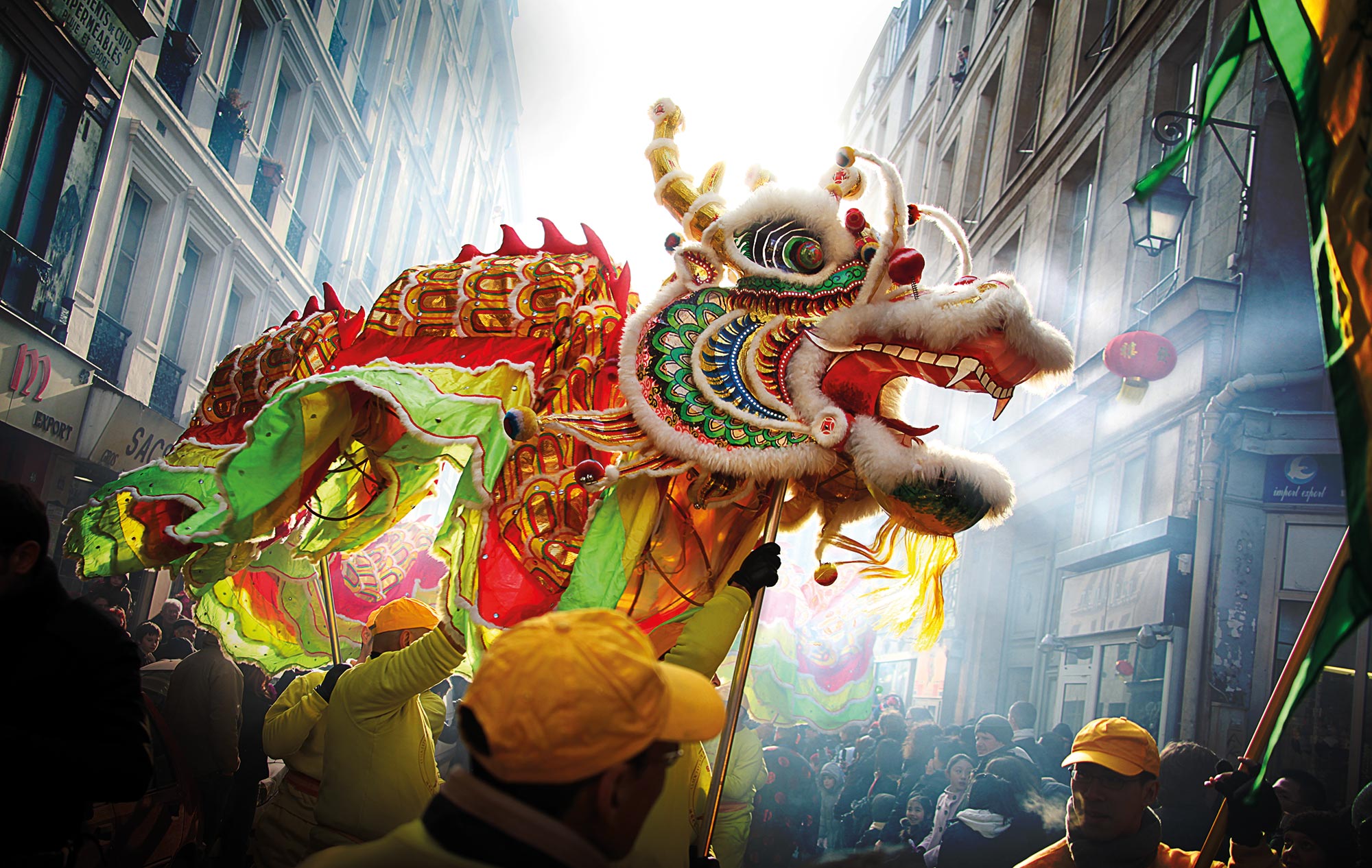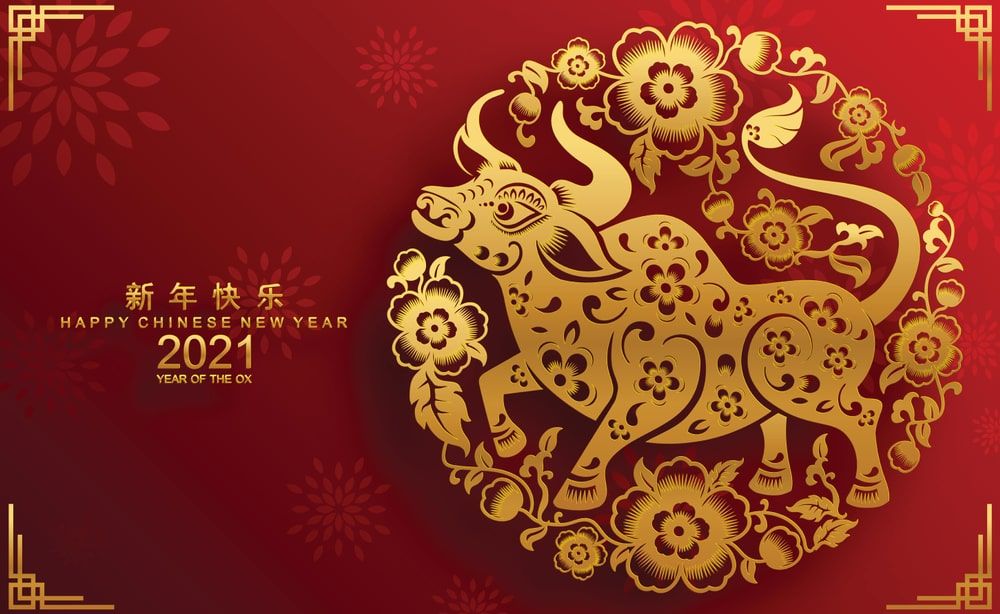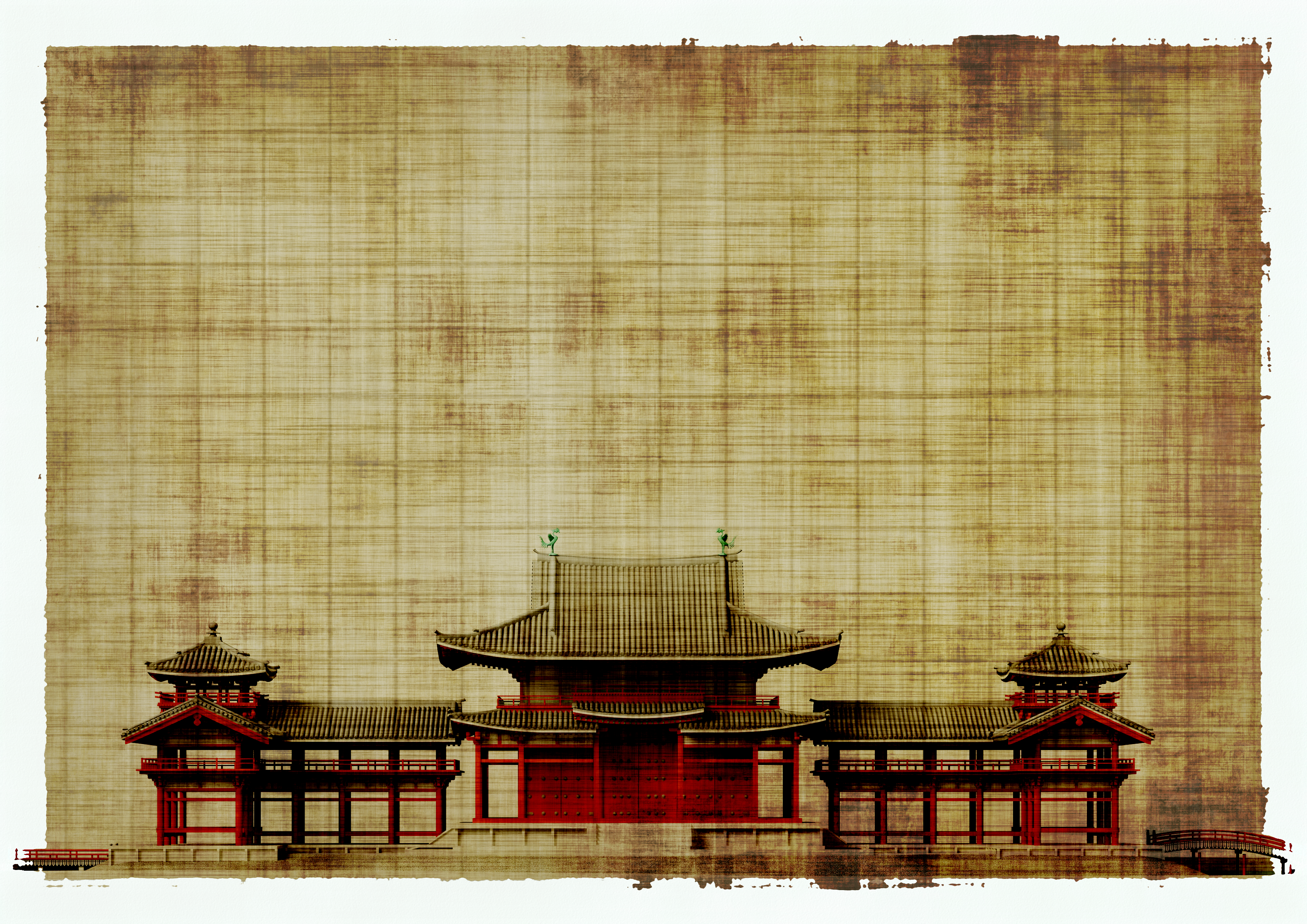Sister Cities Helping One Another
One of the real good news stories which came out of the pandemic was the mutual support between Chinese communities here in Northern Ireland and in China. An act of generosity by the local Chinese community as they felt it their duty to help Belfast's sister city resulted in much needed support for the NHS locally.
Members of Belfast's Chinese community raised over £15,000 to send vital protective clothing to China as new cases of coronavirus continue to soar.
China is struggling to deal with severe shortages of equipment such as protective suits, goggles and masks, which are now being sent to Belfast's sister city of Shenyang.
Around 1,200 protective suits have been despatched to the Red Cross for distribution to health workers fighting on the front line against the spread of coronavirus.
Min Shen (43) from the Chinese Welfare Association in Belfast, who has lived here for 20 years, said the city's Chinese community, which numbers some 7,000 people, wanted to help those back home.
"We had the request from authorities in Shenyang and felt it was our duty and responsibility to do what we can in a practical way... With the help of Belfast City Council to source the vital equipment from their suppliers, that is now happening. We set up a WeChat group to get the message out about fundraising and had donation boxes in various Chinese supermarkets and at our base at Stranmillis Embankment. We were delighted to have raised such a huge amount in such a short period of time,"
This act of kindness and forethought was responded to in April when Belfast received a donation of personal protective equipment (PPE) from its sister city Shenyang in China.
The shipment included 10,000 disposable medical face masks and 500 sets of disposable protective clothing - arrived in Duncrue industrial estate at a time when it was urgently needed and went straight for distribution among health workers fighting on the frontline during the Covid-19 crisis.
The shipment of PPE was in response to kit donated to Shenyang at the very beginning of the pandemic by the Chinese Welfare Association, based at Stranmillis Embankment, Belfast.
The association also recently donated £17,000 to the Belfast Health and Social Care Trust.
Belfast Lord Mayor Daniel Baker said:
"I'd like to extend my sincere thanks to our good friend and colleague, Chinese Consul Madame Zhang, to Jiang Youwei, Mayor of Shenyang, and to all those in our sister city Shenyang, for their ongoing solidarity and support during this challenging time.
It's absolutely vital that our city's key workers are protected against this virus as they carry out their essential duties, and today's much needed supply of PPE will do a great deal to help ensure their safety.
One uplifting outcome of this incredibly challenging time is the ongoing readiness of people to reach out and help one another. It's hugely encouraging to know that this friendship, kindness and co-operation stretches right across the globe - as demonstrated by today's donation.
We look forward to further developing our sister city connections with Shenyang post-Covid-19 to develop new areas of co-operation in trade, tourism and education to help rebuild our economies."
This vital shipment arrived at a time when the entire United Kingdom was facing real challenges in terms of PPE supplies. Sourcing reliable supplies of PPE has been a constant battle during the outbreak. The NHS was getting through tens of millions of masks a week, and UK procurement officials were warning that stock were dangerously low.
Gambling Awareness
Health information
Gambling Awareness
Signs of Gambling Addiction
Is gambling causing problems for you or others around you?
The following signs may indicate a problem:
- Always thinking or talking about gambling.
-
Being preoccupied with gambling, going to the casino etc
-
Needing to gamble for a longer time
-
Losing interest in usual activities or hobbies
-
Neglecting work or school because of gambling
-
Gambling until all of your money is gone.
- Borrowing money, selling possessions or not paying bills in order to pay for gambling.
- Having arguments with family or friends about money and gambling.
- Neglecting expenses on gambling
- Feeling anxious, worried, guilty, depressed or irritable
The negative effects of problem gambling include:
-
Family and relationship problems
-
Domestic violence or abuse in families
-
Job loss
-
Financial problems including high debt or bankruptcy
-
Engage in illegal acts
-
Self-harm, suicidal thoughts, actions or actually committing suicide
Get Help 倾谈或求助
If you would like to talk about yours or family member’s gambling issues, you can contact the following helpline or organisations:
Chinese Welfare Association
1+1 Project
The project provides mental health support, signposting and referrals
Address: 1 Stranmillis Embankment Belfast BT7 1GB
Tel: 02890 288277
Email :
GamCare
The main support organisation in UK, which runs a national telephone helpline (Please note that helpline cannot provide interpretation services)
: 0808 8020133
Gamblers Anonymous
It runs support groups for compulsive gamblers and their families
Address: 23-29 Little Patrick Street, Belfast BT15 1BA
Tel: 02890 249185
Learn Some New Year Greetings
Why not Use this Chinese New Year to learn some Chinese, and get involved.
Its the perfect time to pick up a few phrases and learn some traditional greetings and join in the fun of New Year. We all think its hard to learn a new language, but with a little practice and some friends to help we can have you speaking Chinese in no time. So why not make it your New Year's Resolution to learn a few phrases and say hello to new friends.
https://youtu.be/DW772LsDUzY
Virtual Chinese New Year
Behind the Scenes the CWA Team has been hard at work to ensure the Chinese New Year festivities can go ahead. This year as we do things differently the aim will be to take all the best bits of the traditional celebrations and bring them online. From a state of the art audio visual presentation which will be hosted on zoom to the launch of a new look CWA website during the festival we will connect Chinese communities across not just Northern Ireland but across the globe.
Our motto for this year is Keep Strong with the strength of the Ox in mind we will be using new technology to build the strength and resilience of not just the organisation, but the entire community. So join us and help us as we take our community online, and bring our culture to everyone. If you have an interest in all things online we would love to hear from you to become a digital volunteer. From our teenage gamers to our silver surfers we have a role for you in the exciting new online platforms we are developing.
We aim to make it fun and free to get involved with all the support and training you need. So Join the CWA Digital Team today.
https://youtu.be/PNBuGomQezE
History of Chinese New Year
All good stories change bit over time, as each teller adds a little or changes something. A story that is over 3,500 years old has been told many times and it has taken on a life of its own.
The story of how the most important holiday in Chinese culture began is no different but many of the best bits have remained unchanged. The centuries-old legend of the origins of the Chinese New Year celebration always includes a story of a terrible mythical monster preying on villagers. The lion-like monster’s name was Nian (年), which is also the Chinese word for “year."
The stories often include a wise old man who counsels the villagers to ward off the evil Nian by making loud noises with drums and firecrackers and by hanging red paper cutouts and scrolls on their doors, because Nian is scared of the color red.So the villagers took the old man’s advice and Nian was conquered. On the anniversary of the date, the Chinese recognize the “passing of the Nian,” known in Chinese as guo nian (过年), which is synonymous with celebrating the new year.

Lunar Calendar
The date of Chinese New Year changes each year because it's based on the lunar calendar. While the western Gregorian calendar is based on the Earth’s orbit around the sun, the date of Chinese New Year is determined according to the moon’s orbit around the Earth. Chinese New Year falls on the second new moon after the winter solstice. Other Asian countries such as Korea, Japan, and Vietnam also celebrate the new year using the lunar calendar.
While Buddhism and Daoism have unique customs during the New Year, Chinese New Year is far older than both religions. As with many agrarian societies, Chinese New Year is rooted in a celebration of spring, like Easter or Passover.
Depending on where it's grown, the rice season in China lasts roughly from May to September (north China), April to October (Yangtze River Valley), or March to November (Southeast China). The New Year was likely the start of preparations for a new growing season.
Traditional Customs
On Chinese New Year, families travel long distances to meet and make merry. Known as the "Spring movement" or Chunyun (春运), a great migration takes place in China during this period as many travelers brave crowds to get to their hometowns.
Though the holiday is actually just a week long, traditionally it's celebrated as a 15-day holiday when firecrackers are lit, drums are heard on the streets, red lanterns glow at night, and red paper cutouts and calligraphy hang on doors. Children are also given red envelopes containing money. Many cities around the world hold New Year parades complete with dragon and lion dances. Celebrations conclude on the 15th day with the Lantern Festival.
Spring cleaning is a common theme during this time. Many Chinese families clean out their homes during the holiday. The New Year celebration could also have been a way to break up the boredom of the long winter months.
Food is an important component of the New Year. Traditional foods to eat include nian gao (sweet sticky rice cake) and savory dumplings.
Chinese New Year vs. Spring Festival
In China, New Year celebrations are synonymous with Spring Festival (春节 or chūn jié), which is typically a week-long celebration. The origins of this renaming from "Chinese New Year" to “Spring Festival” are fascinating and not widely known.
Chinese New Year, also known as the Lunar New Year or the Spring Festival, is the most important among the traditional Chinese festivals. The origin of the Chinese New Year festival can be traced back to about 3,500 years ago.
Chinese New Year has evolved over a long period of time and its customs have undergone a long development process.
Chinese Year Year - Over 3500 Years in the Making
 Chinese New Year's Origin: In the Shang Dynasty
Chinese New Year's Origin: In the Shang Dynasty
Chinese New Year has enjoyed a history of about 3,500 years. Its exact beginning is not recorded. Some people believe that Chinese New Year originated in the Shang Dynasty(1600–1046 BC), when people held sacrificial ceremonies in honor of gods and ancestors at the beginning or the end of each year.
Chinese Calendar "Year" Established: In the Zhou Dynasty
The term Nian ('year') first appeared in the Zhou Dynasty (1046–256 BC). It had become a custom to offer sacrifices to ancestors or gods, and to worship nature in order to bless harvests at the turn of the year.
Chinese New Year Date Was Fixed: In the Han Dynasty
The date of the festival, the first day of the first month in the Chinese lunar calendar, was fixed in the Han Dynasty (202 BC – 220 AD). Certain celebration activities became popular, such as burning bamboo to make a loud cracking sound.
In the Wei and Jin Dynasties
In the Wei and Jin dynasties (220–420), apart from worshiping gods and ancestors, people began to entertain themselves. The customs of a family getting together to clean their house, having a dinner, and staying up late on New Year’s Eve originated among common people.
More Chinese New Year Activities: From the Tang to Qing Dynasties
The prosperity of economies and cultures during the Tang, Song, and Qing dynasties accelerated the development of the Spring Festival. The customs during the festival became similar to those of modern times.
Setting off firecrackers, visiting relatives and friends, and eating dumplings became important parts of the celebration.
More entertaining activities arose, such as watching dragon and lion dances during the Temple Fair and enjoying lantern shows.
The function of the Spring Festival changed from a religious one to entertaining and social ones, more like that of today.
In Modern Times
In 1912, the government decided to abolish Chinese New Year and the lunar calendar, but adopted the Gregorian calendar instead and made January 1 the official start of the new year.
After 1949, Chinese New Year was renamed to the Spring Festival. It was listed as a nationwide public holiday.
Chinese Community Thanks The NHS
In an amazing piece of fundraising Chinese Communities in Northern Ireland were able to present almost £17,000 as a Thank You to the NHS. The donation which went entirely and directly to the NHS will see them receive support and much needed PPE at this time.
The range of organisations and individuals who rallied to the call from CWA to support our front line health care workers was amazing and a special thanks goes to those members of staff and volunteers who organised and made it possible. The generosity and community spirit of all who gave must be recognised and will go a long way to helping those who are risking so much to look after us all.
In order to add our support to the wonderful NHS, the Chinese Communities of Northern Ireland (including Chinese Chamber of Commerce NI, Chinese Language School NI, Oi Kwan Woman’s Group and a lot of caring people from all walks of life) were able to raise over £16,940.
This kind donation will directly support BHSCT staff and volunteers caring for COVID-19 patients and it is a BIG thank-you for their hard work during this difficult time.
We also would like to pay tribute to the doctors and nurses who work on the front line and hope they remain safe and healthy.
为了更好地支持NHS抵抗新冠肺炎疫情,近期北爱尔兰华人社区(包括北爱尔兰华商会、中文学校、爱群妇女会以及其他各界爱心人士)进行募捐,目前筹款金额超过£16,940。
这笔捐款的支票已经寄给BHSCT, 并将直接用于支持BHSCT的工作人员和志愿者照料COVID-19患者,在此困难时期,非常感谢他们的辛勤付出。
同时,我们还要向在一线工作的医生和护士表示敬意,并希望他们保持安全和健康。


See the thank you video from the Lord Mayor of Belfast in the following link. 贝尔法斯特市长通过视频对此次筹款表示感谢,视频链接如下。
Thank you from the Lord Mayor of Belfast.mp4
CWA's Own Time Team
We are pleased to have a number of experts on board to help us with our Community heritage project. We have called the project 'As Strong as a Ox' which is of course reference to this the year of the Ox. It gives us hope that as we plough a straight furrow and stay focused and strong we will succeed. Many of you also know that Ox work best as part of a team and as we embark on this exiting new field we will be working alongside others with experience in this area.
The team at LEXXER Solutions will be supporting the strategic development as look at how we can better embed heritage work into all we do. We have set them the task of looking at how we need to do things differently during after COVID and as we look at how to turn problems into solutions and difficulties into opportunities we would like to see this aspect of our work digitalised and brought online too. Here The flex Studio who have been working hard to redevelop our website have some exciting new ideas for how we can make heritage as much a part of our future as it is a part of our past.
As always we would like to include you in this new work and while things will be challenging over COVID we want to hear your opinion as things develop. We will be emailing all those on our lists with developments and using Zoom to meet and focus group different aspects, so if you have the time we need you to become part of the team.
Community Heritage Project Wins Funding
The Chinese Welfare Association NI have received a grant of £10,000 from the Community Heritage Fund for local heritage project entitled Strong as an Ox.
We are delighted to be one of
-
29 community heritage projects from across Northern Ireland have been awarded grants totalling £241,900
-
The Community Heritage Fund is being distributed by The National Lottery Heritage Fund on behalf of the Department for Communities
-
The fund is part of the £29million Executive allocation to support the arts, culture, heritage and language sectors in Northern Ireland.
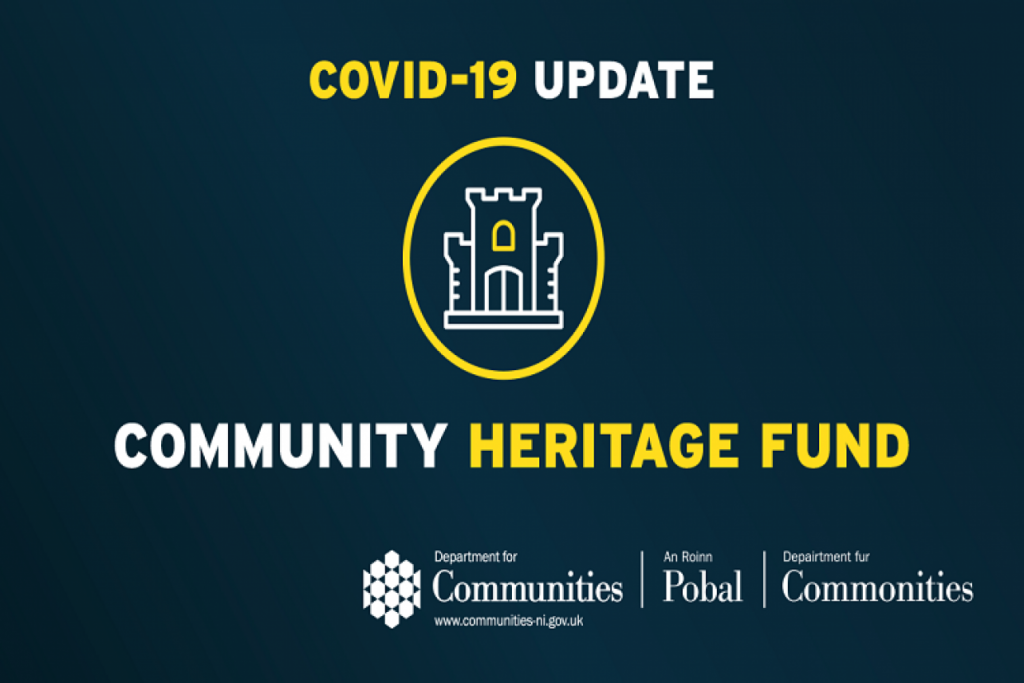
We have been awarded £10,000 through the Community Heritage Fund, to help develop and protect heritage through these difficult times.
The Community Heritage Fund, which The National Lottery Heritage Fund is delivering on behalf of the Department for Communities, will help people in Northern Ireland to connect with their local heritage.
Competition was high and we are grateful to be one of only 29 projects from across Northern Ireland, to have been awarded a share of just under a quarter of a million pounds. This money was earmarked to help people t strengthen connections with the heritage in their community.
It has been a difficult year and like all community and voluntary sector organisations we have felt it acutely. One one hand we see finding and services disrupted and our Centre forced to close, yet we have never been more busy as people really struggle through lockdown.
Therefore it was with some courage and a lot of vision that our Board decided to invest time and effort in breaking new ground. Investing in heritage, in essence investing in the past seems counter-intuitive at a time when we are struggling to secure our future but we believed it was the right thing to do.
We are delighted and thankful that the the Department for Communities and The National Lottery Heritage Fund shared our vision and accepted the logic of the case we presented and provided this funding.
Thanks to this grant, we can reach out to new audiences in our community and help them to better understand the heritage on our doorstep.
It will also help us plan for the future embedding heritage into our work generally and enabling us to take a more strategic sustainable approach.
Finally it will enable us to harness new technology and techniques to bring the past to life and to reconnect our community with their rich heritage.
The Community Heritage Fund is part of the £29 million Executive allocation that was made to the Department for Communities to support the arts, culture, heritage and language sectors which have been severely impacted by COVID-19. This is the latest package of support from The National Lottery Heritage Fund to support the heritage sector across the UK throughout the COVID-19 crisis. Last year, the organisation committed over £600million of National Lottery and Government funding to more than 1,500 heritage organisations, along with expertise and advice
Paul Mullan, The National Lottery Heritage Fund, said:
“Our local places have become more important than ever throughout this pandemic, and through this fund, we hope to encourage people to get to know their local heritage that bit better.
“We’re grateful to the Department for Communities for providing the funding and we’re delighted to fund a diverse range of projects which will make a huge impact on many communities across Northern Ireland.”
To find out more about The National Lottery Heritage Fund, go to: www.heritagefund.org.uk


